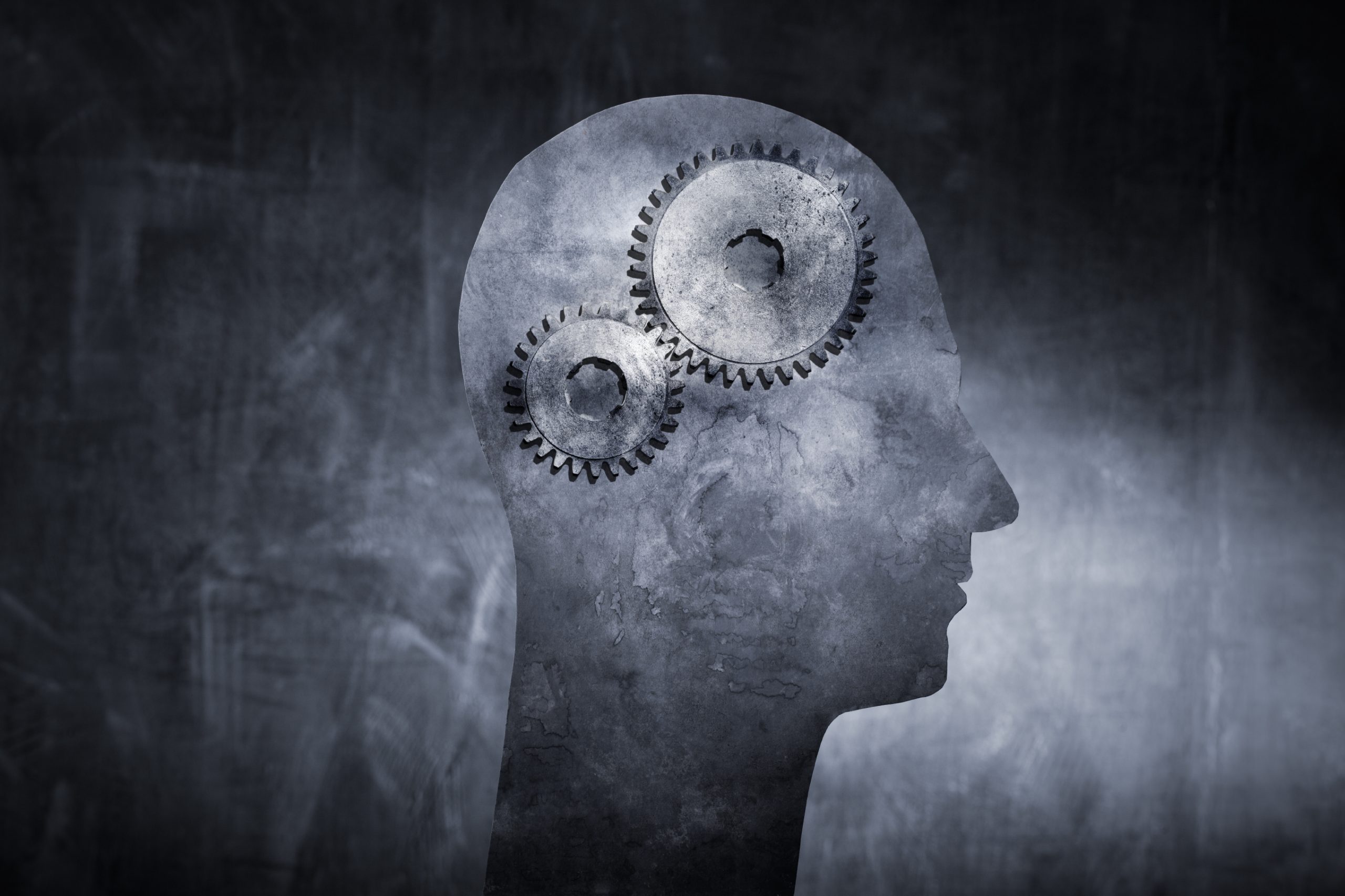Progress in mental health digital innovation

Mental health is increasingly in the headlines, but what new digital technologies are being introduced to help reduce mental illness and its impact on families? The emerging digital mental health market is experiencing rapid growth, with focus on tele-psychiatry/counselling and cognitive behavioural therapy mobile apps. Craig DeLarge considers progress since the 2015 Mental Health Digital Innovation Challenge.
Just over two years ago, in 2015, New York University (NYU) hosted the Mental Health Digital Innovation Challenge, a collaboration between Dudnyk Healthcare Marketing, Janssen Healthcare Innovation, NYU’s Stern Healthcare Association, Hewlett Packard Haven On Demand and The Digital Mental Health Project.
As we prepare for the follow-up event, taking place next week, how has the sector developed?
We have continued to see increased interest and investment in digital mental health as a subset of digital health.
Five insights from 2015
The last event highlighted five insights, namely:
- The need for ongoing multidisciplinary and cross-functional cooperation and coordination to capitalise on this opportunity.
- The importance of the new generation of healthcare practitioners embracing digital health as a legacy opportunity.
- The importance of including patients’ and caregivers’ perspectives and participation in all we do, honouring the axiom, ‘Nothing about patients, without patients’, coined by The Society of Participatory Medicine.
- The importance of remembering that stigma, the digital divide, and concerns about privacy and measurement, are the chief barriers to digital mental health traction.
- The importance of assuring that every good idea has an accompanying commercial model that delivers its value to a customer base.
More investment, some consolidation, abundant growth opportunities
My study of the digital mental health sector since 2014 leaves me increasingly hopeful that digital mental health players around the world are mobilising and collaborating to capitalise on these insights.
It was heartening to read a CB Insights article recently, which noted how US digital mental health investment was $202 million in 2016 and is tracking towards $237 million in 2017, heading for a 17% rise.
In tandem with this increased funding is a corresponding flattening, if not decline, in the number of deals, 74 (run rate) in 2017, versus 78 in 2016. This suggests consolidation in the sector, where the most prevalent players are working in meditation, cognitive behavioural therapy (CBT) and tele-counselling services.
This investment of money and talent is ripe to drive the increased adoption of these technologies, in the face of their accepted efficacy and security, and declining stigma.
I also look forward to reductions in the cost of these technologies over time so that greater numbers of patients and caregivers can benefit from them.
There is no doubt that innovative applications, both consumer and medical, encompassing everything from data to virtual reality and electro-magnetic stimulation, will have a greater role to play.
Given the momentum and promise of this sector, the upcoming Health 2.0 NYC Mental Health Digital Challenge is timely. This event will both showcase and support startups in the space and bring together a cross-section of stakeholders interested in improving mental health care.
Taking place on 28 September 2017 in New York City at Cohn & Reznick, 1301 Sixth Ave, from 6-9pm EST, Mental Health 2.0 is sponsored by the Health2NYC Chapter, The Digital Mental Health Project and The Jed Foundation. Click here to register to attend
Anyone wanting to pitch a mental health digital platform or app to leading VC and Angels at the event, click here to apply.
About the author:
Craig DeLarge is a digital mental health strategist and researcher at WiseWorking and The Digital Mental Health Project.
Watch the video of the 2015 event here.











